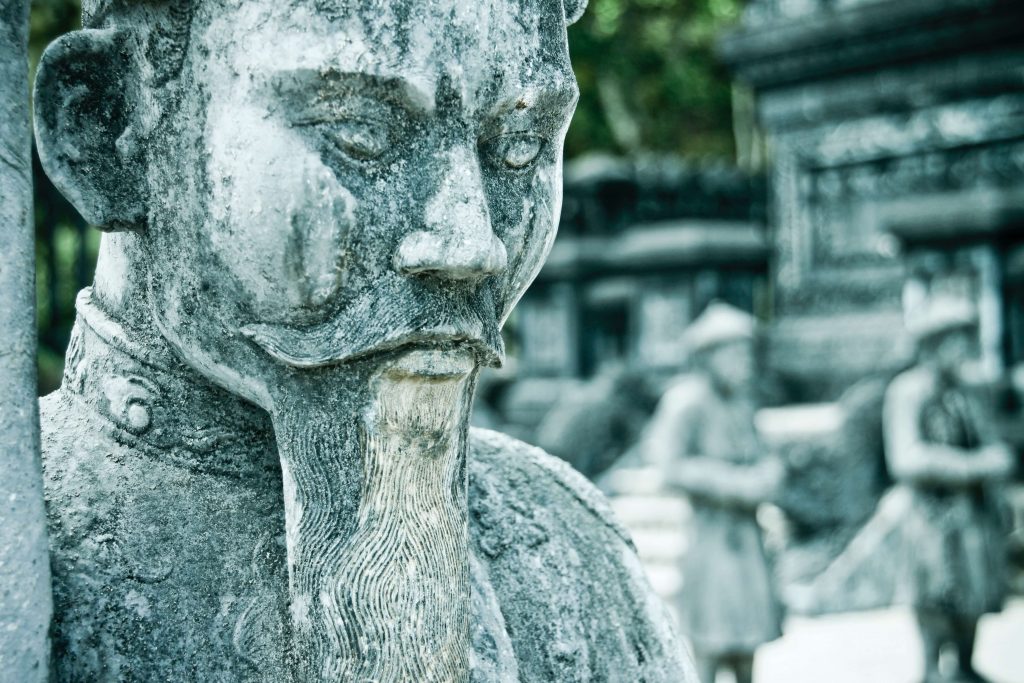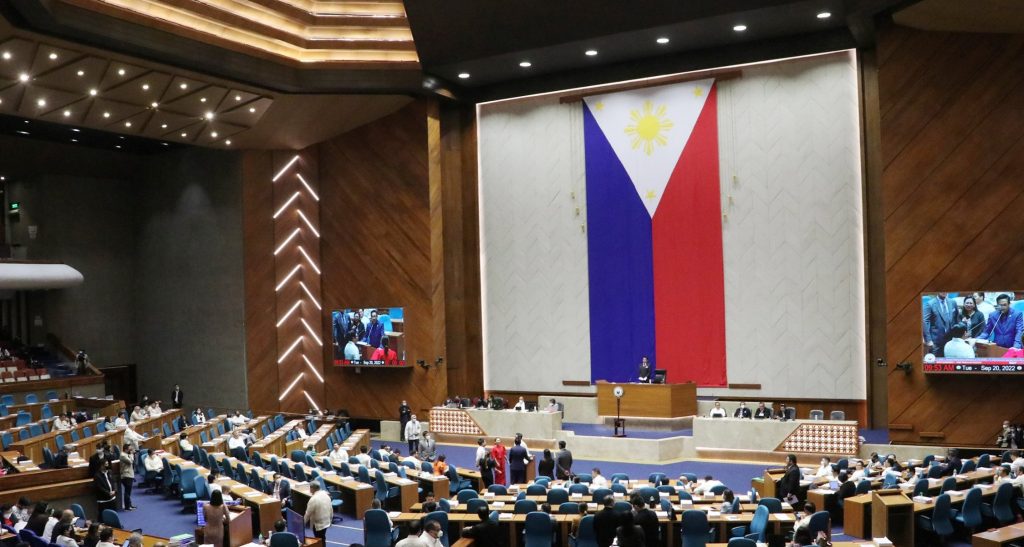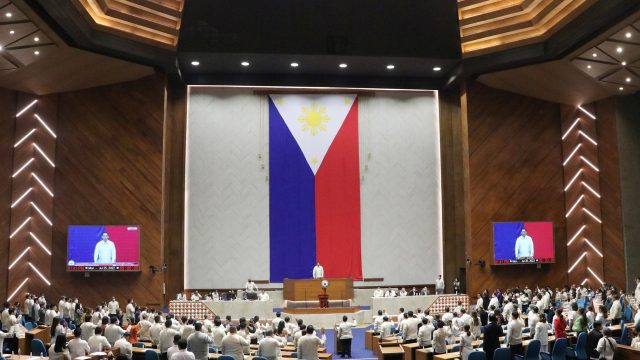Political dynasties are a pervasive problem in the Philippines. Despite laws against them, these dynasties continue to thrive and wield significant power in the country. The term “political dynasty” refers to a situation where members of the same family hold elected or appointed public office in a significant number of positions. In the Philippines, political dynasties often control a disproportionate amount of political power, with some families holding positions at the national, provincial, and local levels simultaneously.

The impact of political dynasties on the political landscape of the Philippines is profound. Dynastic families have a significant advantage over their competitors in the electoral process. These families have established extensive networks of supporters and loyalists, and often use their positions to secure patronage and favors. They also have access to large amounts of funding, which they can use to buy votes, mount political campaigns, and maintain their grip on power.
Despite widespread recognition of the negative impact of political dynasties, efforts to eradicate them have proven difficult. The Philippines has had laws in place since the 1980s that aim to limit the power of political dynasties. However, these laws have not been adequately enforced, and some families have found ways to circumvent them. For example, some dynastic politicians have groomed family members to take over their positions when they retire, ensuring that the dynasty continues even after the original member leaves office.

The continued prevalence of political dynasties has significant implications for the Philippines’ democracy. It undermines the principle of fair and open competition in elections, perpetuating the notion that political power is only accessible to a select few. This, in turn, breeds apathy and disillusionment among voters who feel that their voices do not matter.
Breaking the hold of political dynasties on power will not be an easy task. However, it is not impossible. One potential solution is to strengthen and enforce the existing laws that aim to limit the power of political dynasties. This would require a coordinated effort between government agencies, the judiciary, and civil society groups to ensure that the laws are implemented and enforced properly.
Another potential solution is to promote greater political participation among underrepresented groups. This would involve creating more opportunities for women, young people, and members of marginalized communities to participate in the political process. This could include measures such as quotas for women and other underrepresented groups, training programs for potential candidates, and support for grassroots political organizations.

Finally, greater transparency and accountability in the political process would go a long way toward breaking the hold of political dynasties on power. This could involve measures such as requiring politicians to disclose their sources of funding, implementing stricter campaign finance laws, and creating independent oversight bodies to monitor political activities.
In conclusion, political dynasties continue to be a major problem in the Philippines. These dynasties wield significant power and influence, undermining the principles of democracy and fair competition in the electoral process. However, there are steps that can be taken to break their hold on power, including strengthening and enforcing existing laws, promoting greater political participation among underrepresented groups, and increasing transparency and accountability in the political process. These efforts will require a coordinated and sustained effort from all stakeholders, including government agencies, civil society groups, and the public at large.


